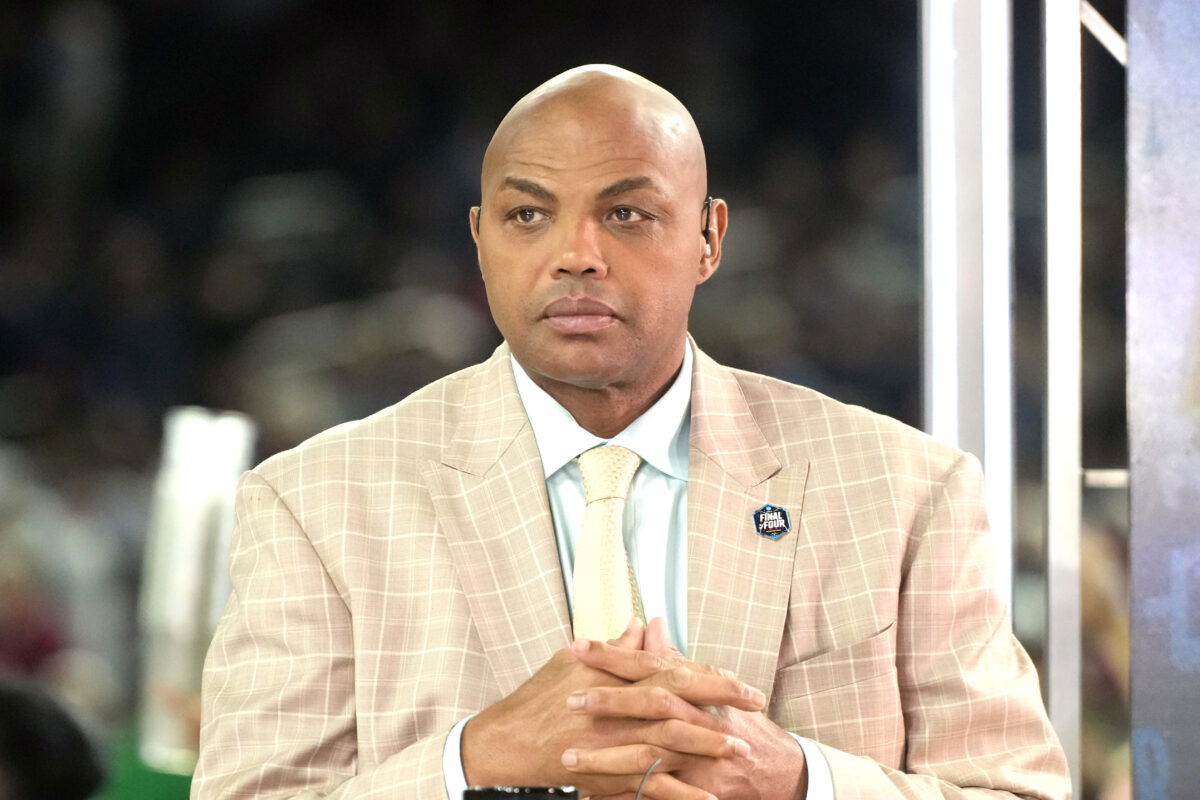
Getty
HOUSTON, TEXAS – APRIL 03: College basketball analyst Charles Barkley on air before the NCAA Men’s Basketball Tournament Final Four championship game between the Connecticut Huskies and the San Diego State Aztecs at NRG Stadium on April 03, 2023 in Houston, Texas. (Photo by Mitchell Layton/Getty Images)

Getty
HOUSTON, TEXAS – APRIL 03: College basketball analyst Charles Barkley on air before the NCAA Men’s Basketball Tournament Final Four championship game between the Connecticut Huskies and the San Diego State Aztecs at NRG Stadium on April 03, 2023 in Houston, Texas. (Photo by Mitchell Layton/Getty Images)
It seems everyone has something to say about the NIL (Name, Image, and Likeness) rules these days. While some, like Dwyane Wade, have applauded the system, others like Charles Barkley have taken shots at the NCAA for creating a mess that led to NIL. And now, Los Angeles Lakers owner Jeanie Buss and former Laker Dwight Howard are stepping into the conversation, and their take might just have Barkley nodding in agreement.
Watch What’s Trending Now!
Buss recently appeared on Howard’s podcast Above the Rim podcast, where the two had a candid chat about the NIL and its impact on college athletics. Buss didn’t hold back, sharing her worries: “I worry so much about college athletics with the NIL… now colleges have to have general managers and deal with that.” Howard chimed in, admitting it’s great that athletes can earn money now, but added, “At the same time, they (athletes) got to get prepared for that.”
Their concerns echo Charles Barkley’s longstanding critique. Barkley previously warned that the NIL could spark bidding wars between schools, leading to athletes being exploited. But not everyone agrees. Dwyane Wade, for instance, sees NIL in a much more positive light, offering a counterpoint that makes for an interesting debate.
ADVERTISEMENT
Wade recently appeared on Unapologetically Reese, hosted by one of women’s basketball’s biggest NIL stars, Angel Reese. When asked if he would’ve stayed in college longer if NIL existed during his time, Wade didn’t hesitate: “I probably would have stayed in college another year at least… if I was getting paid NIL.”
As a young father at Marquette, the chance to stay in school while earning money might’ve kept Wade in college longer, giving him time to finish his degree. In contrast, Barkley has made it clear he wouldn’t have taken the deal. Two iconic athletes with similar paths, yet completely different takes on NIL—one willing to embrace it, the other pushing back.
ADVERTISEMENT
Charles Barkley’s NIL criticism
Barkley has long voiced his frustrations with how the NCAA has treated college athletes. He believes the harsh penalties for minor infractions and strict regulations on both players and programs set the stage for the introduction of the NIL. “They (NCAA) have nobody to blame but themselves,” Barkley said.
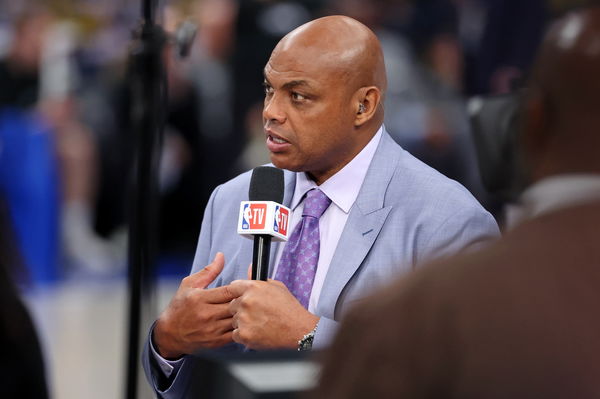
USA Today via Reuters
Jun 12, 2024; Dallas, Texas, USA; NBA TV analyst Charles Barkley talks on set before game three of the 2024 NBA Finals between the Boston Celtics and the Dallas Mavericks at American Airlines Center. Mandatory Credit: Kevin Jairaj-USA TODAY Sports
Interestingly, Barkley explained that the NIL wasn’t born out of choice, but necessity. The NCAA’s rigid stance forced a shift, and since 2021, players have been able to profit from their name, image, and likeness. Athletes like Bronny James and Livvy Dunne have made millions under this rule. While this may sound like a win for athletes, Barkley sees deeper issues.
ADVERTISEMENT
Barkley also argues that the rule has only widened the gap between schools. The competition for top talent has shifted, with wealthier programs holding more power in recruiting.
Top Stories
Kyrie Irving Breaks Silence After Injury Return Update Emerges
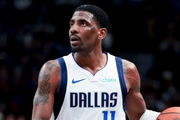
Prayers Pour In For Napheesa Collier After Unfortunate Health Announcement
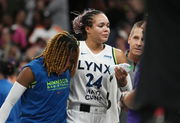
Is Austin Reaves Dating YouTuber SteveWillDoIt’s Ex-Girlfriend? Fact Checking Viral Claim
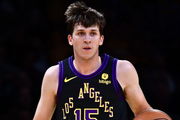
Michael Jordan Could Have Repaired Scottie Pippen Relationship if He Wanted To: Former Teammate

Are Nuggets Signing DeMarcus Cousins? Fact Checking the Viral News
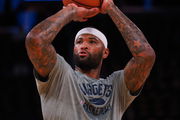
Barkley didn’t mince words when it came to NIL’s impact on recruiting. “I hate NIL, because it’s just become a bidding war,” he said, emphasizing that smaller schools may struggle to compete in this new landscape. Despite his criticisms, Barkley remains committed to helping athletes, wherever possible.
ADVERTISEMENT
ADVERTISEMENT
ADVERTISEMENT
ADVERTISEMENT

